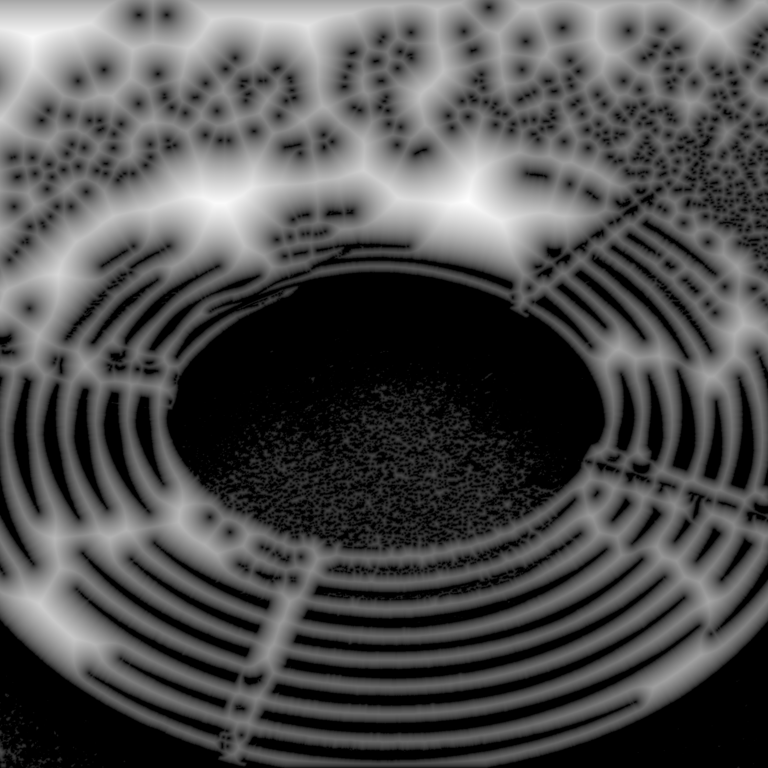A bit of background:
I've been playing games since before computers had color monitors. I spent hours in arcades when they were at their peak of popularity. I am absolutely passionate about gaming. Which is why I find myself getting into gamedev now. I want to make games people can be passionate about, rather than trying to churn out the Next Big Thing, lowest-common-denominator kind of game trying to become a billionaire.
So, I installed UE5 to start tinkering. I quickly learned that making games can be more entertaining than playing them. You get all the juicy, OCD tingles of solving problems and drilling down into irrelevant minutia without having to deal with whatever gamification a dev thought would be fun.
And the crux of the issue:
Anyhow, my question is whether there's any sort of logical progression to learning the engine or gamedev in general. I've spent my first few days in UE5 obsessing over the camera, trying to get exactly the look I want as far as field of view, depth of field, removing head bob from the 3rd person pawn, etc. And I am perfectly content to proceed at a snail's pace learning the absolute fundamentals of the process. I have multiple game ideas that can be built in layers over time. But I'm looking at it from a player's perspective. So I don't really know what foundational things I may need to work on. Obviously, getting the character to move the way I want and figuring out other gameplay mechanics will be part of the process. But that seems maybe a layer or two above where I might want to focus right now. Or do I need to have some sort of rudimentary, playable “game” before I worry about learning how to optimize things or how to save/load data? I mean, I don't even know how to turn what I have in the engine into an external program which runs outside the engine.
TL;DR- What do I need to study other than gameplay mechanics and plopping textures on meshes?










